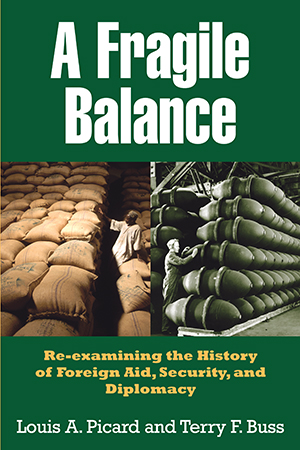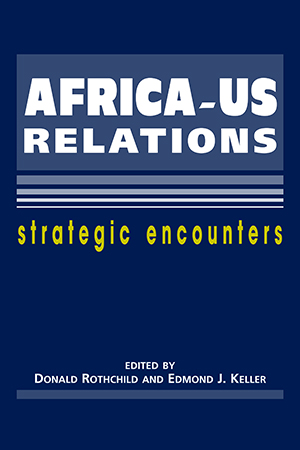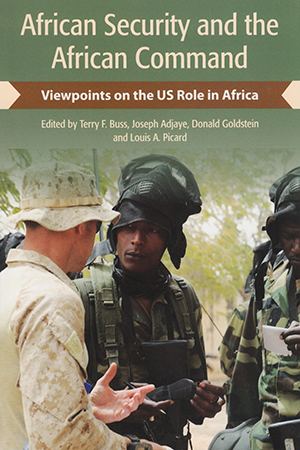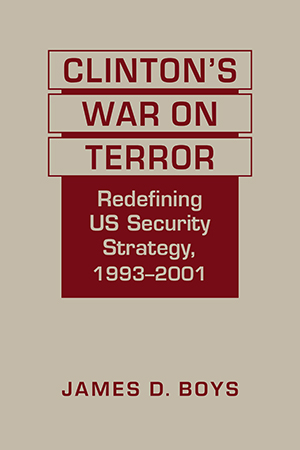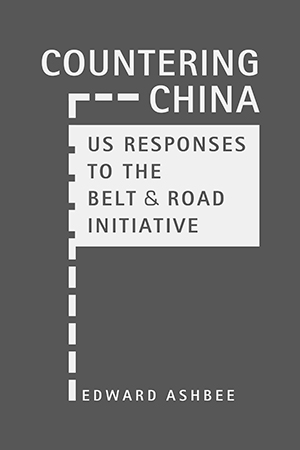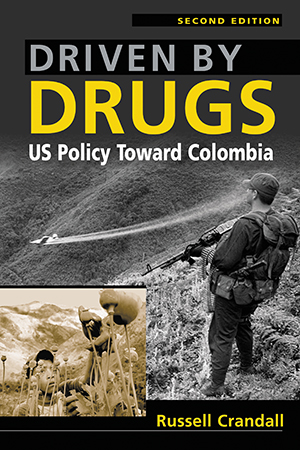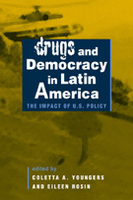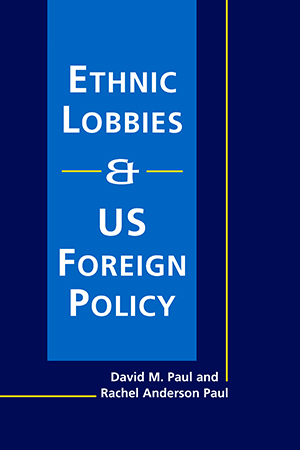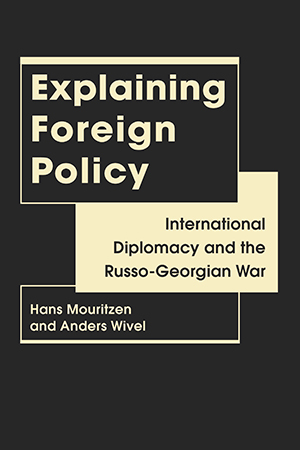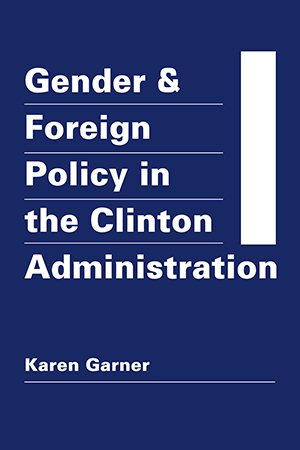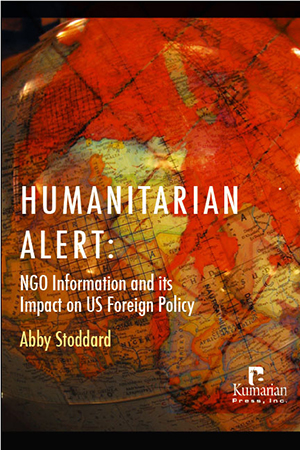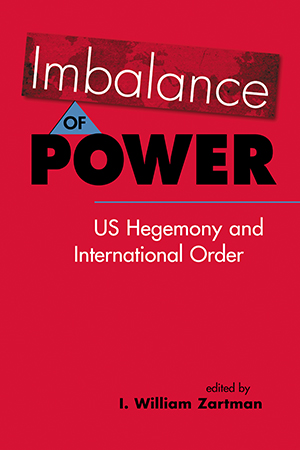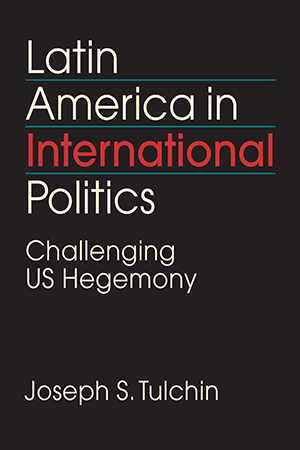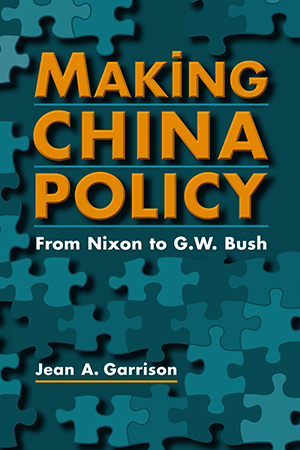US Foreign Policy
Louis Picard and Terry Buss trace the history of US foreign aid from the earliest assumptions of manifest destiny to the present, placing their discussion within the context of broader More >
Reflecting the debate between state-centered and human-security approaches to security strategy, Africa-US Relations explores the interactions between the US and African countries in a wide More >
In 2007, the Bush administration created a new military presence in Africa—AFRICOM (US Africa Command)—which has been vigorously debated ever since. Some see AFRICOM as the More >
In the aftermath of the catastrophic attacks of September 11, 2001, President Bill Clinton's time in office was portrayed as one in which vital opportunities to confront growing threats More >
By March 2022, a remarkable 144 countries had signed onto the Belt and Road Initiative (BRI)—China's massive investment and infrastructure development program—with More >
In the years since the first edition of Driven by Drugs was published, there have been dramatic changes in US policy toward Colombia, as well as in domestic Colombian politics. This new More >
Although the US has spent more than $25 billion on international drug-control programs over the last two decades, it has failed to reduce the supply of cocaine and heroin entering the More >
Dozens of ethnic groups work determinedly to achieve specific policy goals in Washington, but to what degree do they actually wield power? Which groups are the most influential, and why? More >
Why would Georgia attack South Ossetia in August 2008, with Russian forces conducting exercises nearby? This remains a puzzle to analysts—on a not inconsiderable list of foreign policy More >
Though recent US government attention to global women's rights and empowerment is often presented as a new phenomenon, Karen Garner argues that nearly two decades ago the Clinton More >
This innovative text/reader illustrates a range of national and regional perspectives on international relations and U.S. foreign policy. The twenty-eight selections include speeches, More >
Do humanitarian NGOs function as autonomous—and even influential—nonstate actors with their own value-driven agendas? Or do they serve merely as the paid agents of national More >
Now that the clear delineations of the Cold War era are behind us, what are the contours of the international system? And what does the new reality mean for the United States, the More >
In recent years, the countries of Latin America have moved out from under the shadow of the United States to become active players in the international system. What changed? Why? And why did More >
What explains the twists and turns in US-China relations since Richard Nixon initiated a policy of engagement in the early 1970s? Addressing this question, Jean Garrison examines the More >


